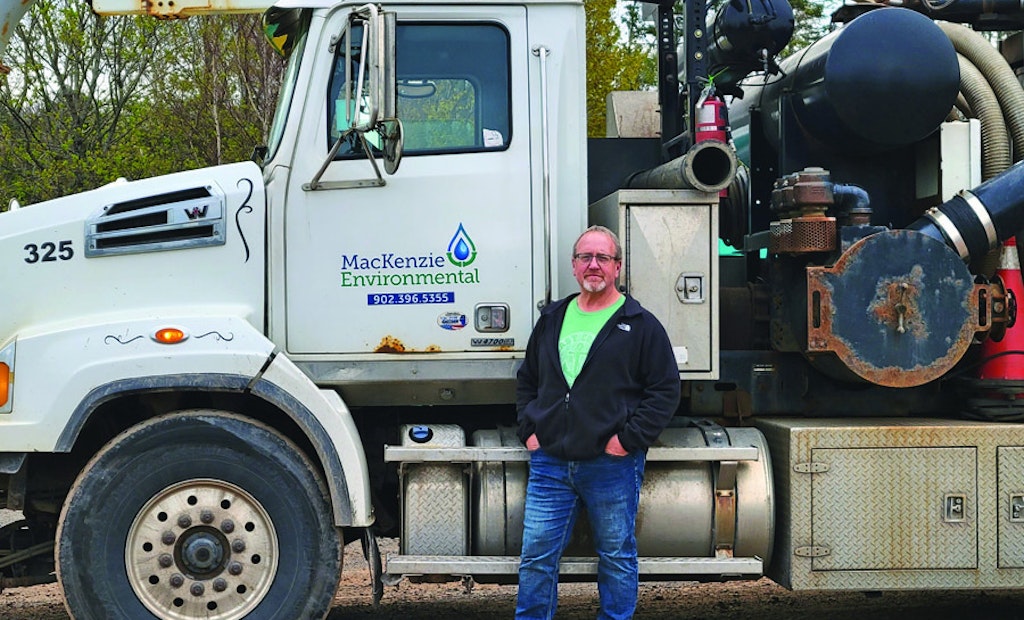Business: MacKenzie Environmental, Alma, Nova Scotia, Canada
Age: 56
Services we offer: Septic tank pumping, portable sanitation, hydroexcavation, industrial and commercial pumping, high-pressure washing, dust control for roads and bulk water hauling.
Years in the...






